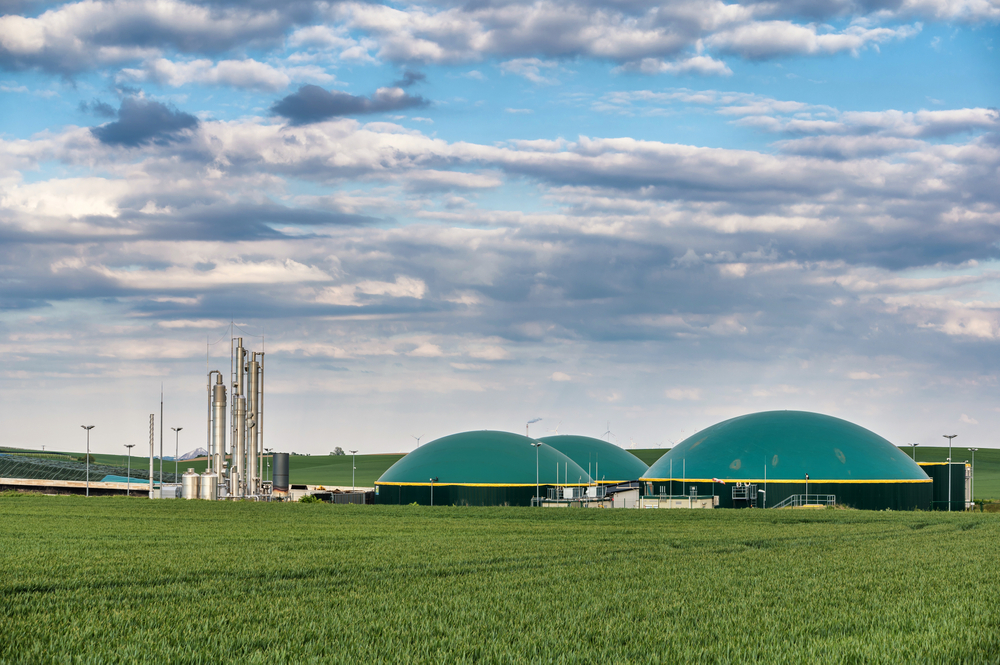
Gas Networks Ireland will begin construction of Ireland’s first large-scale renewable gas injection facility next summer.
The €30 million Green Renewable Agricultural Zero Emissions (GRAZE) renewable gas project also includes the construction of a central grid injection (CGI) facility in Mitchelstown, Co. Cork.
The new facility will receive and inject biomethane – a carbon neutral renewable gas made from farm and food waste through a process call anaerobic digestion – from up to 20 local farm-based producers.
Biomethane is fully compatible with the existing national gas network, appliances, technologies and vehicles, and will seamlessly replace natural gas to reduce emissions in heating, industry, transport and power generation, while also supporting the decarbonisation of the agri-food sector.
At maximum capacity, the facility will inject enough biomethane to meet the requirements of up to 64,000 homes.
Minister for the Environment, Climate and Communications, Eamon Ryan TD, said:
“The GRAZE project is being funded under the Climate Action Fund, which is administered by the Department of the Environment, Climate and Communications.
“This project shows how we can diversify our gas supplies, by speeding up the roll-out of renewable gases like biomethane. Projects such as this will reduce our reliance on imported fossil fuels, which is especially important now in the context of the war in Ukraine. The Government’s National Energy Security Framework, which sets out how Ireland is prepared to deal with potential shocks to our energy system, has highlighted the need for alternatives to natural gas, such as biomethane and hydrogen, to be developed to enhance Ireland’s security of supply and provide additional diversification for Ireland’s energy mix.”
“It will contribute to our broader climate goals – of cutting greenhouse gas emissions by 51% by 2030 and reaching net zero emissions by 2050.”
“This project, which champions sustainably-produced, carbon-neutral renewable gas, also exemplifies the principles of the circular economy. By recycling and re-using food and farm waste we can create cleaner energy – for electricity, heat and transport.”
The renewable gas injection facility will be the centrepiece of the project, which is aimed at creating a new co-op style, sustainable farm-based renewable gas industry in the region.
“Ireland’s national gas network must be repurposed to transport renewable biomethane and hydrogen at scale,” said Gas Networks Ireland Chief Executive Cathal Marley.
“Gas Networks Ireland is uniquely placed to deliver the necessary change, and with projects such as GRAZE, we’re already working hard to help deliver Ireland’s sustainable energy future.”
Mr Marley said the GRAZE project is designed to showcase large-scale agricultural biomethane clusters that can be replicated in other locations throughout the State.
“Investing in biomethane in a large-scale manner has many benefits – both for the energy sector and Irish agriculture,” Mr Marley added.
“It will create significant employment, with up to 6,500 new jobs, mainly in rural Ireland, and provide new income opportunities for local communities from the sale of biomethane, feedstock used to produce the renewable gas and also a highly effective organic bio-fertiliser digestate that is a by-product of the process.
“A domestic biomethane industry would not only support the decarbonisation of the agricultural sector, but it would also provide significant opportunities for rural communities and facilitate sustainable circular economies, with businesses powering their operations via renewable gas made from their own waste.”
Led by Gas Networks Ireland, the GRAZE project is supported by more than €8.4 million in funding from the Climate Action Fund, as part of the Government’s National Energy Security Framework.
Planning permission for the Central Grid Injection facility has already been granted by An Bord Pleanála and Cork County Council, and construction is expected to get underway next year.
The Climate Action Plan has set a target of 1.6 TWh of natural gas – around 3% of Ireland’s gas usage – to be replaced by biomethane by 2030.